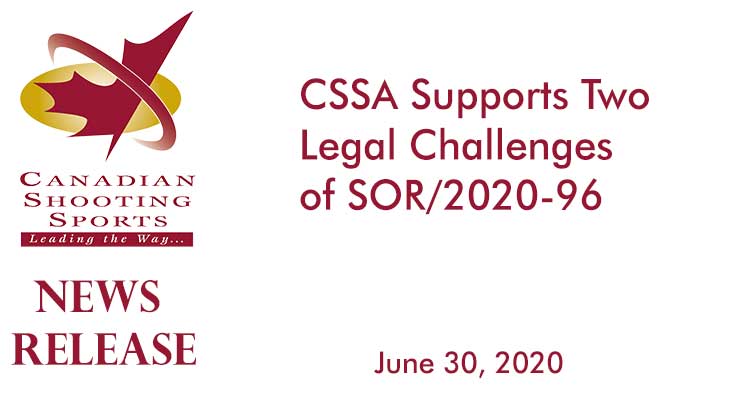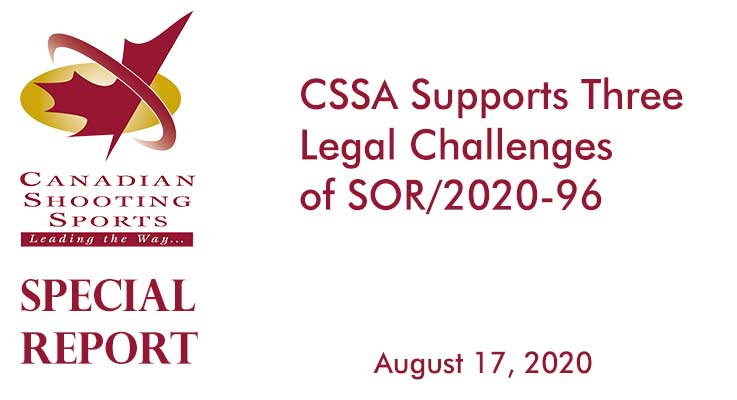Do The Police Need A Warrant To Search For My Firearms?
Generally, the answer is yes.
The police require a warrant to search your home, place of business or vehicle.
The warrant must state the time, date, place to be searched and the purpose of the search. The warrant must be shown before entry. Always read the warrant to see what it says. If you are in doubt do not give permission to seize or search because that could eliminate the ability to raise problems with a search or seizure. A warrant is not needed if the person in possession of the premises gives consent to enter.
Searches can be made with out warrant of persons, premises, vehicles, and premises other than a dwelling house. The warrantless search powers do not include the power to search a dwelling house. R.V=s are not dwelling houses. The search must be conducted by a peace officer who believes, upon reasonable grounds that an offense has been committed involving prohibited weapons, restricted weapons, firearms or ammunition and there is no time to go before a justice of the peace to obtain a warrant.
If upon review of the warrantless search before a judge, the peace officer did not have enough evidence to obtain a search warrant or, had he tried if there was time for the peace officer to go before a justice of the peace and obtain a warrant, the evidence seized during the warrantless search can be thrown out of court.
Certified gun collectors are another exception where peace officer has the right make periodic inspection. The courts have held that it is constitutional to require a certified gun collector who is so registered under the criminal code to submit to periodic inspections.
Seizure is different from searching. Typically a seizure requires a warrant as does searching. Peace officers do not need a warrant to seize a restricted weapon if the person in possession cannot right then and there produce the registration certificate. Peace officers do not need a warrant to seize any prohibited weapon or any firearm that a person under 18 cannot then and there to produce a permit to possess. A registered weapon so seized can be immediately retrieved by producing a registration certificate within 14 days of the seizure.
A court order by a court dealing with a family matter that orders the police to assist in the seizure of firearms does not give the police the power to search. A family court order that requires a person to give up possession does not authorize the police to seize or search.
Forfeiture is another step beyond search and seizure.
The police who seize weapons must preserve them until there is an order by a court for forfeiture.
Forfeiture is not automatic.


